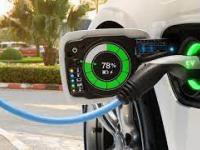Electric vehicles: India may slash GST on lithium-ion batteries to 5%
By Lokmat English Desk | Published: June 10, 2022 04:58 PM2022-06-10T16:58:33+5:302022-06-10T16:58:33+5:30

To give a boost to green mobility plans, India may cut the goods and services tax (GST) on lithium-ion batteries and bring them on par with taxes on electric vehicles (EVs), a media report said on Thursday.

According to a Livemint report, discussions have already begun on how to proceed with the plan, which is a crucial step in making India a global manufacturing hub for EVs.

The government is expected to develop the final policy in around three months, the report added.
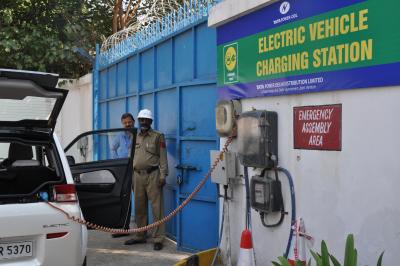
At present, e-vehicles are taxed at 5 per cent, while lithium-ion batteries are taxed at 18 per cent.
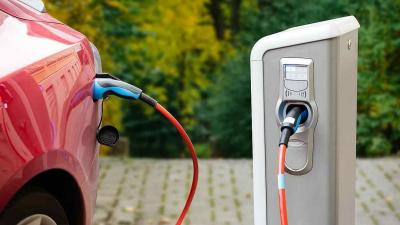
Battery price makes up as much as 50 per cent of an electric vehicle’s cost.
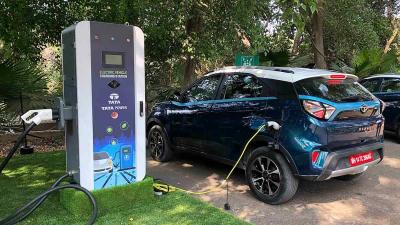
An emerging trend to tackle the problem of prohibitive cost of EV adoption is battery swapping technology.
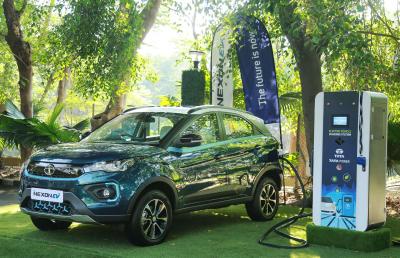
The first meeting deliberating on the battery-swapping policy was held on June 7.
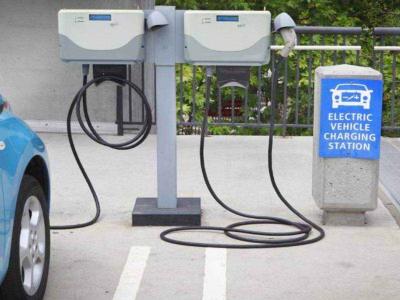
NITI Aayog, the ministries of new and renewable energy, heavy industries, and other government departments talked about tax rationalisation.
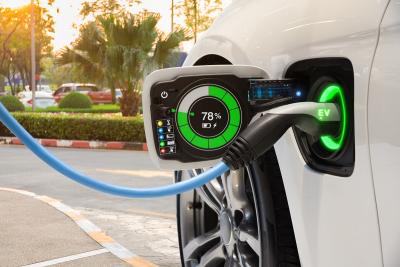
As GST comes under the ministry of finance, NITI Aayog, would not delve much into taxation. Any decision on changing GST would have to be taken by the GST Council.
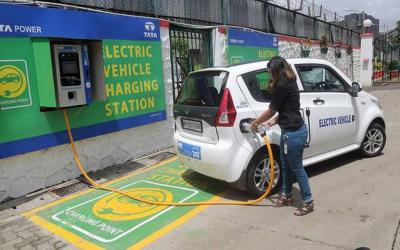
In 2018, the GST rate on lithium-ion batteries was slashed from 28 per cent to 18 per cent.
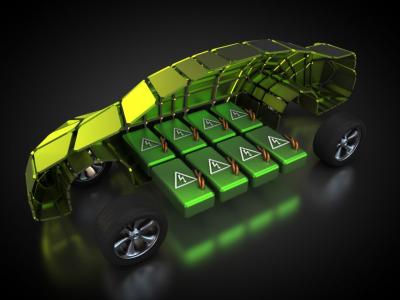
\In December, NITI Aayog chief executive Amitabh Kant said the government is working on reducing GST on EV batteries.
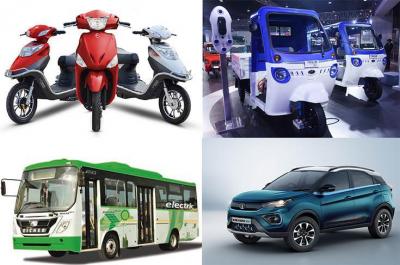
An electric vehicle is a vehicle that uses one or more electric motors for propulsion. It can be powered by a collector system, with electricity from extravehicular sources, or it can be powered autonomously by a battery (sometimes charged by solar panels, or by converting fuel to electricity using fuel cells or a generator).


















